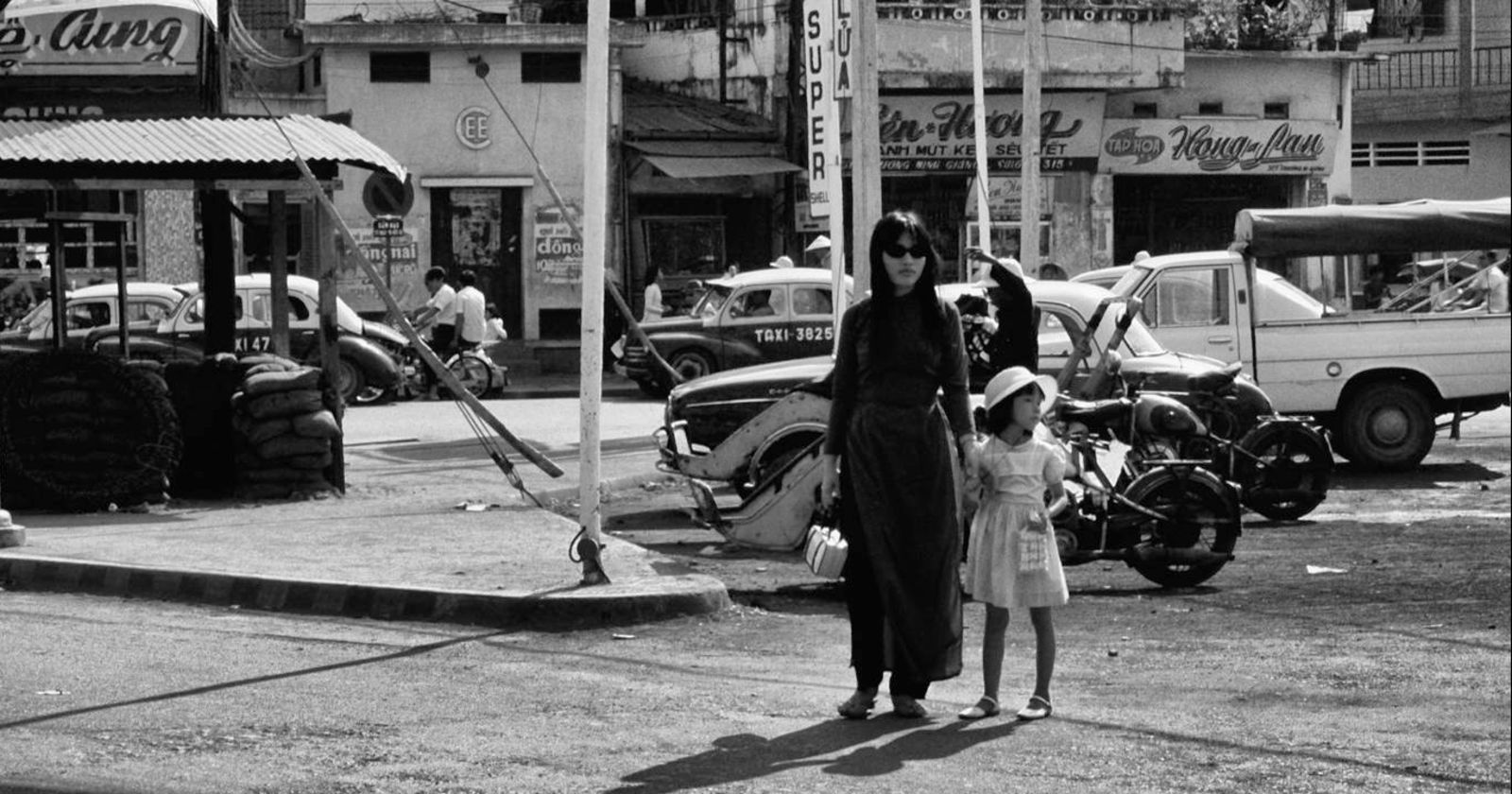In the French photo book titled Indochine – Couverture. Saigon-Cholon – Photographie Aerienne 1950, a fascinating set of aerial images showcases the urban layout of Saigon in 1950.
In the middle of the 20th century, Saigon wasn’t the massive metropolis it is today, reaching in all directions with its suburban peripherals. Back then, the city was made up of the administrative cerebrum in District 1 and 3, and the bustling trade hub of Cho Lon in District 5 and 6. The rest of the districts as we know now used to be either less-developed transition zones or even straight-up wilderness.
Fly over Saigon via the photos below:

A view of metropolitan Saigon from the Thu Thiem Peninsula.

Tau Hu Canal in District 8.

The Phu Dong Roundabout (bottom left) and Cach Mang Thang 8 Street.

Saigon Railway Station.

Turtle Lake.

Ben Thanh Market with the Reunification Palace on the right.

Tan Son Nhat Airport.

The site of today's Hoa Lu Stadium with the Saigon Zoo below.

Where the Thi Nghe Canal meets the Saigon River with the Saigon Zoo in the middle.

The riverside edge of District 1 with the Ba Son Shipyard on the top left.

The Bach Dang Wharf.

Me Linh Square.

Thu Thiem.

District 4 (left) and District 1 (right) connected by the Khanh Hoi Bridge and Mong Bridge.

Ong Lanh Bridge (bottom left).

The Nguyen Kieu Isle (left) used to be separated from District 4. It now serves as the connector of District 1, 4 and 7 via the Nguyen Van Cu Bridge.

The once-riverine District 4.

The Y Bridge under construction (left).

Houses in District 4.

District 1 with the tree-lined Tran Hung Dao Boulevard in the middle.

District 3 with the Do Thanh Residential Enclave in the middle.

Hoa Hung Railway Station on the right.

District 3.

The Phu Tho Racecourse.
[Photos via Redsvn]














